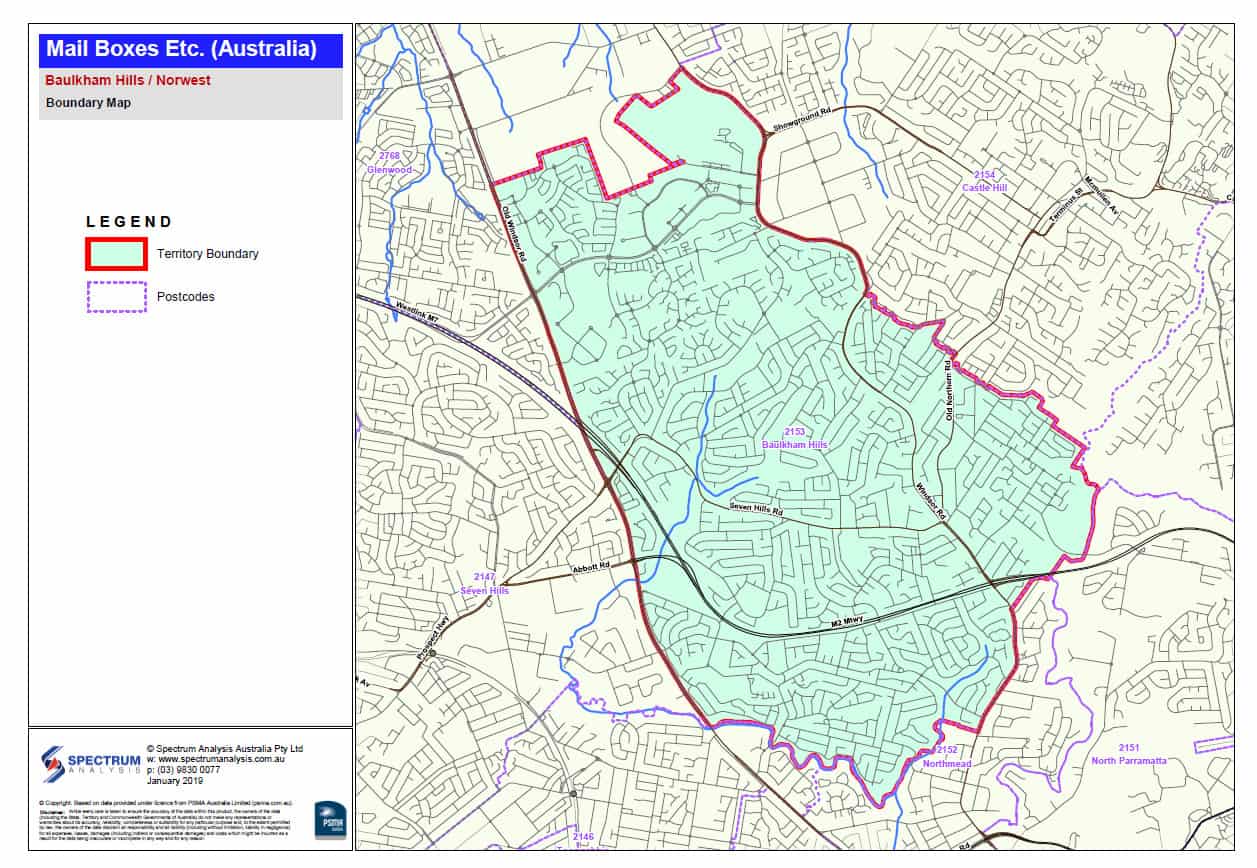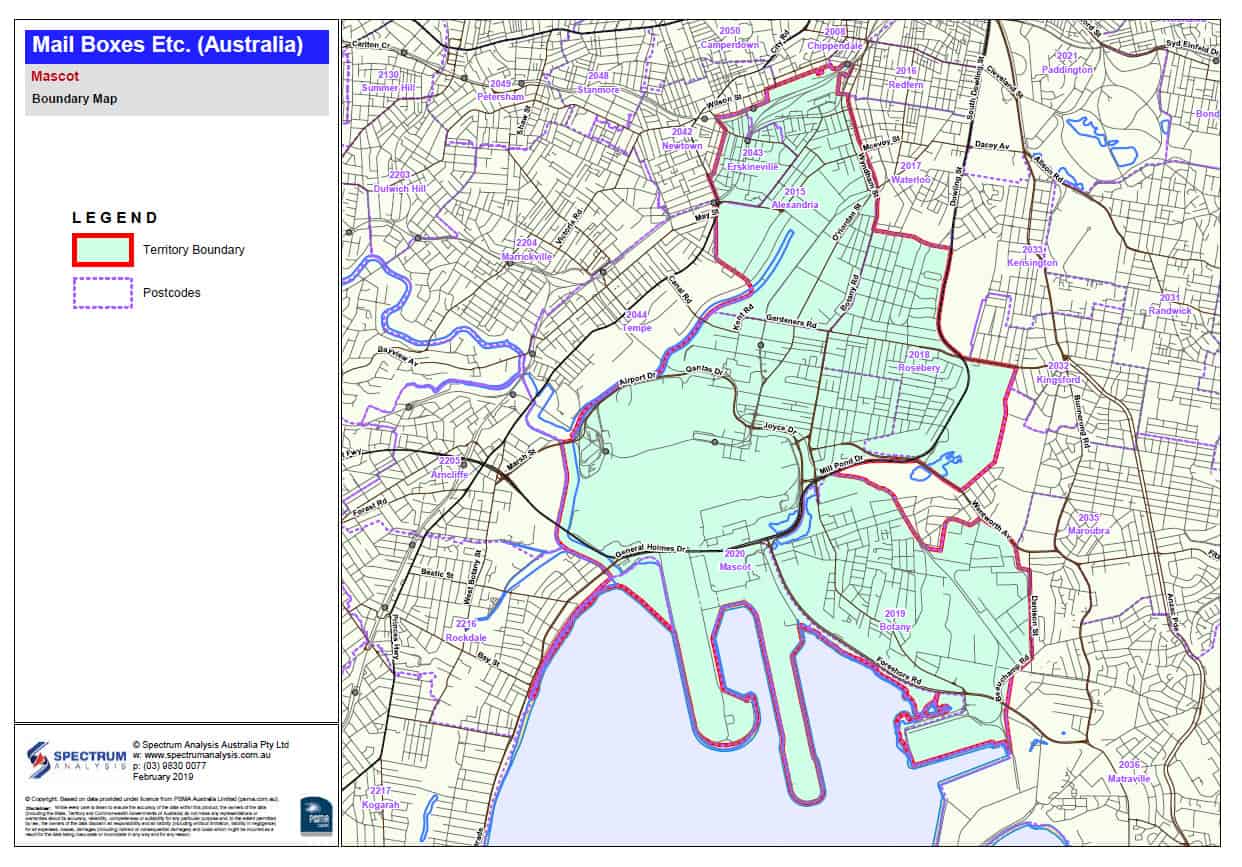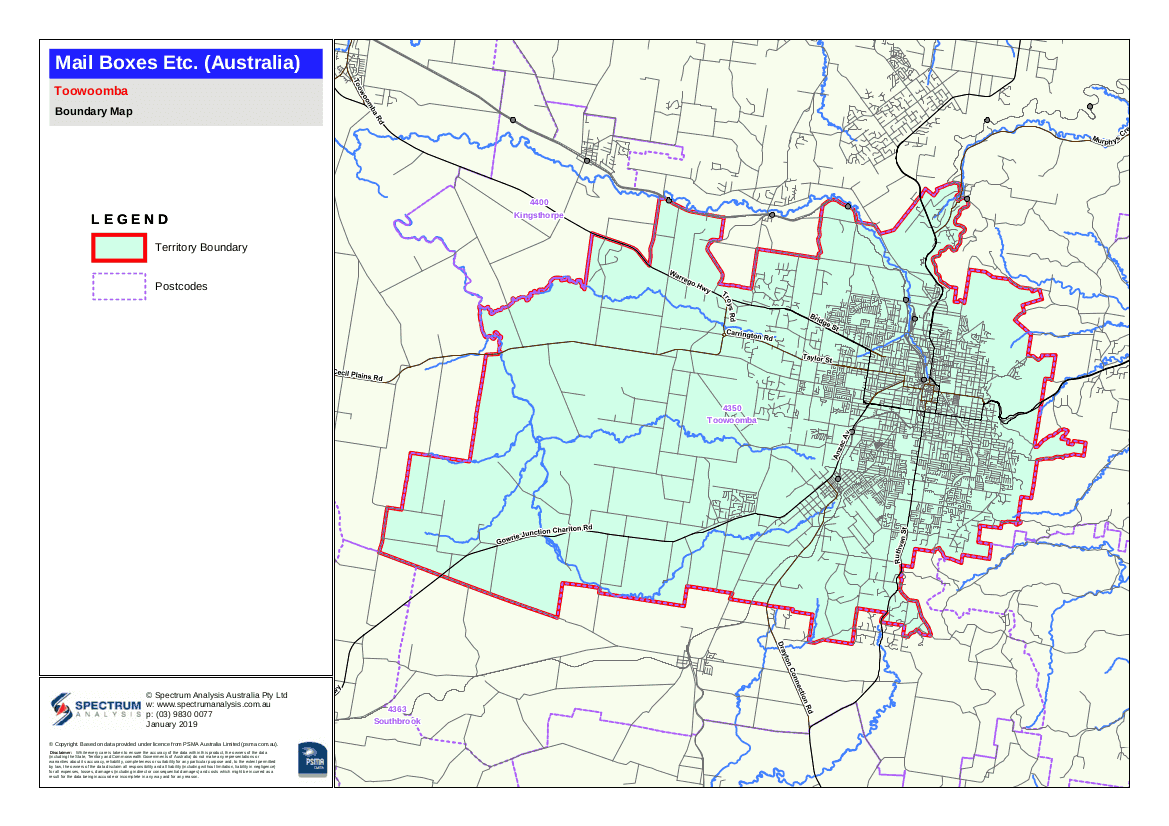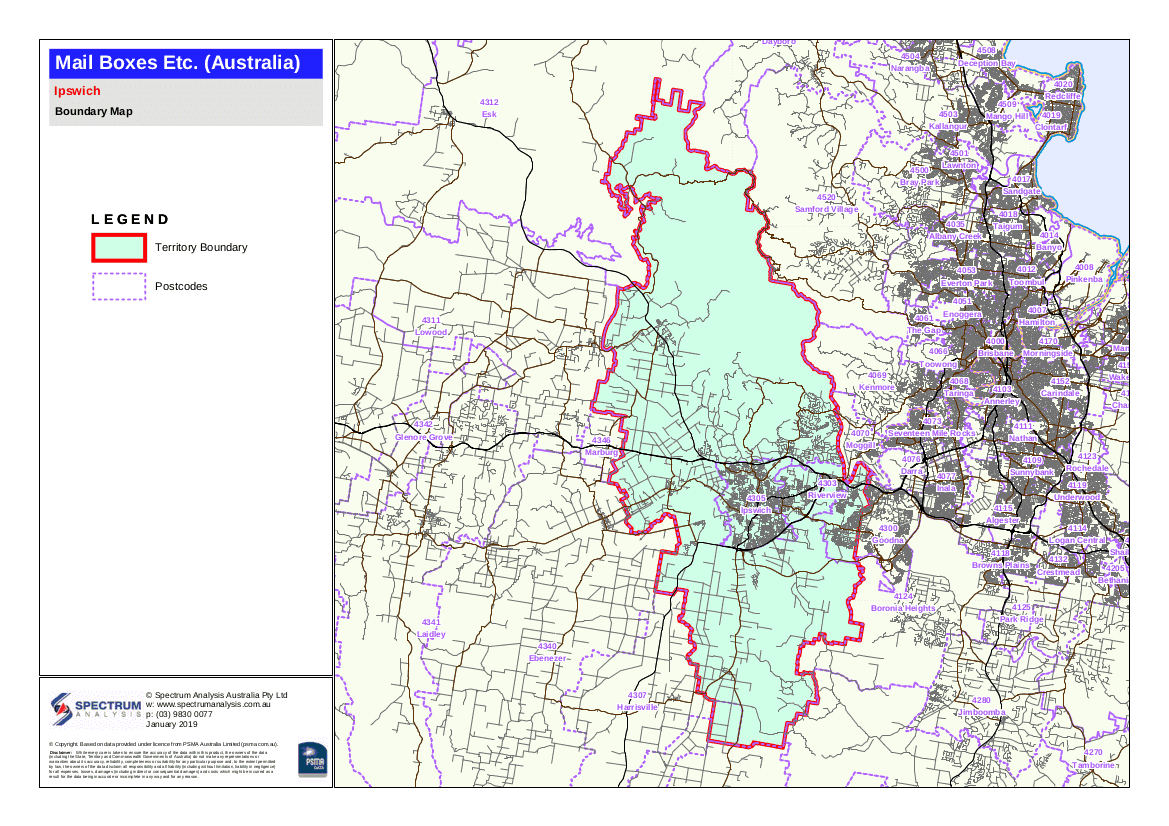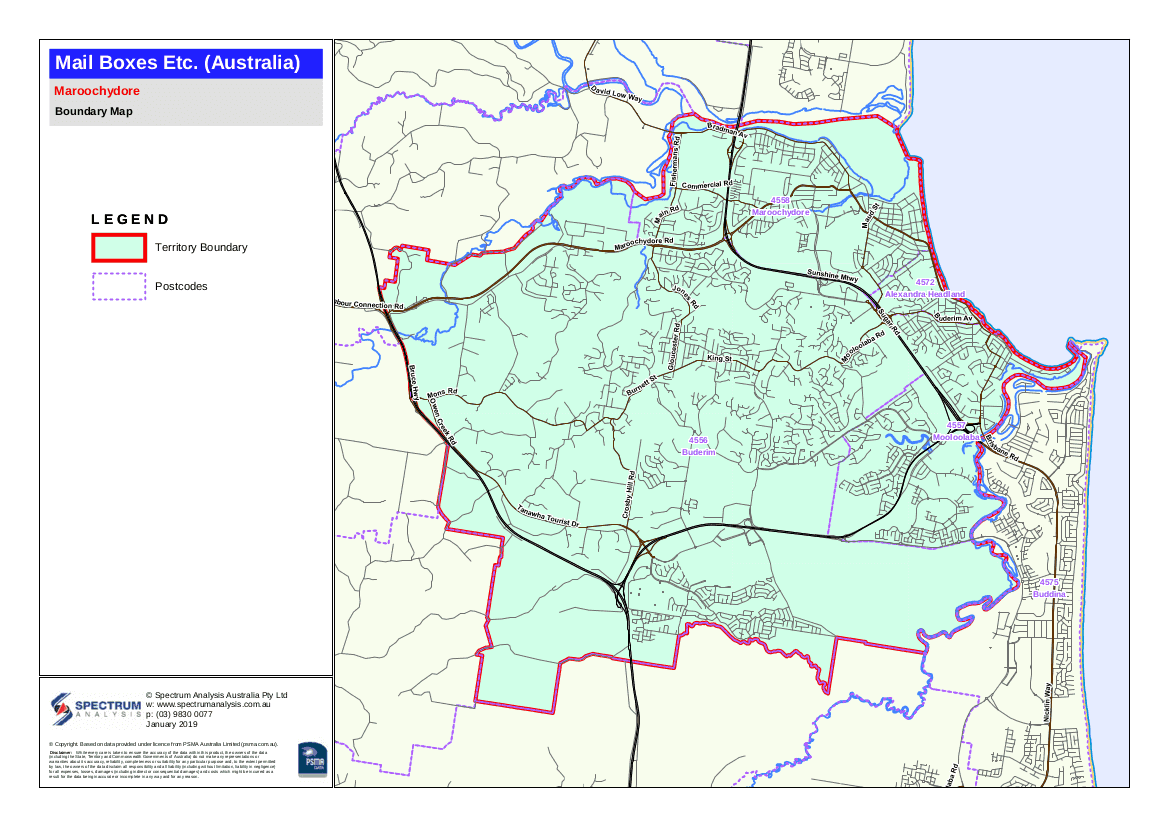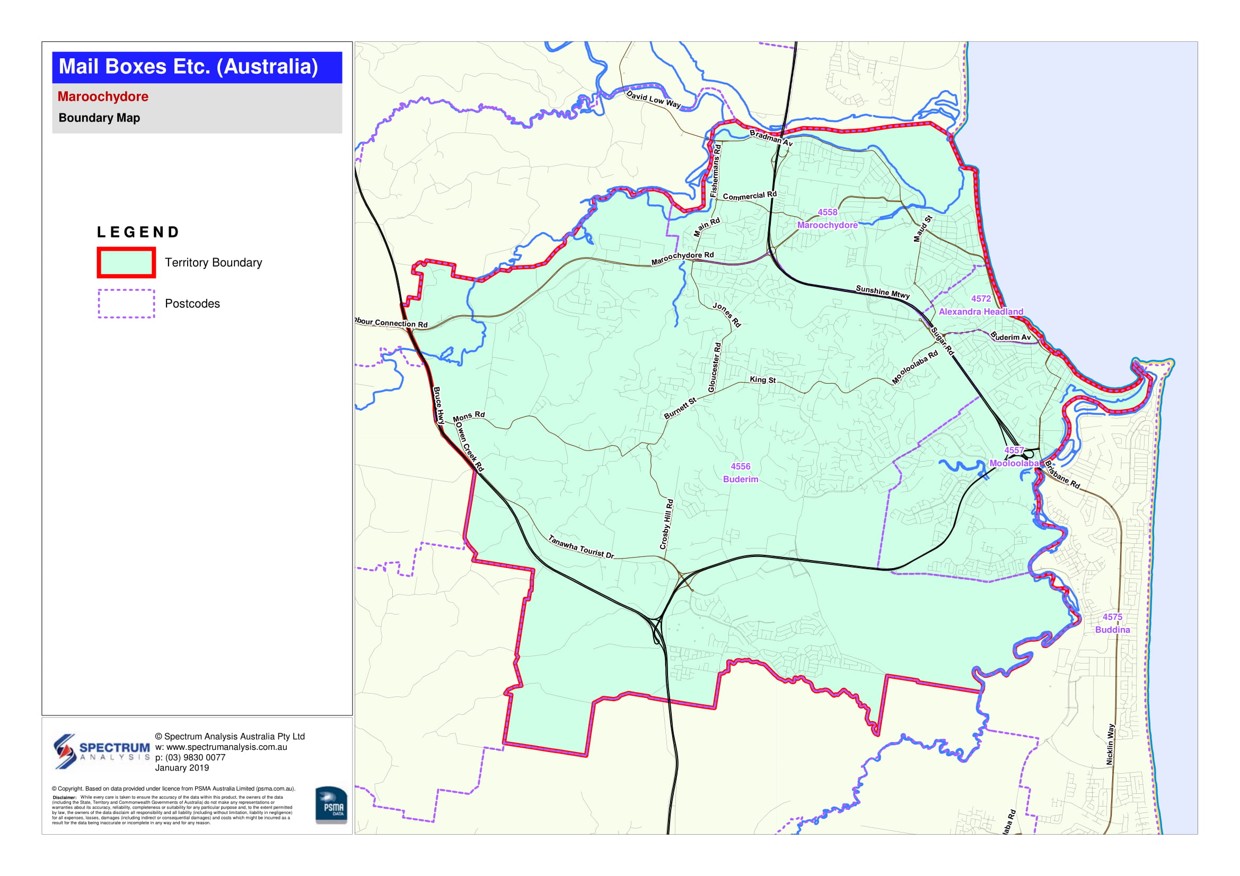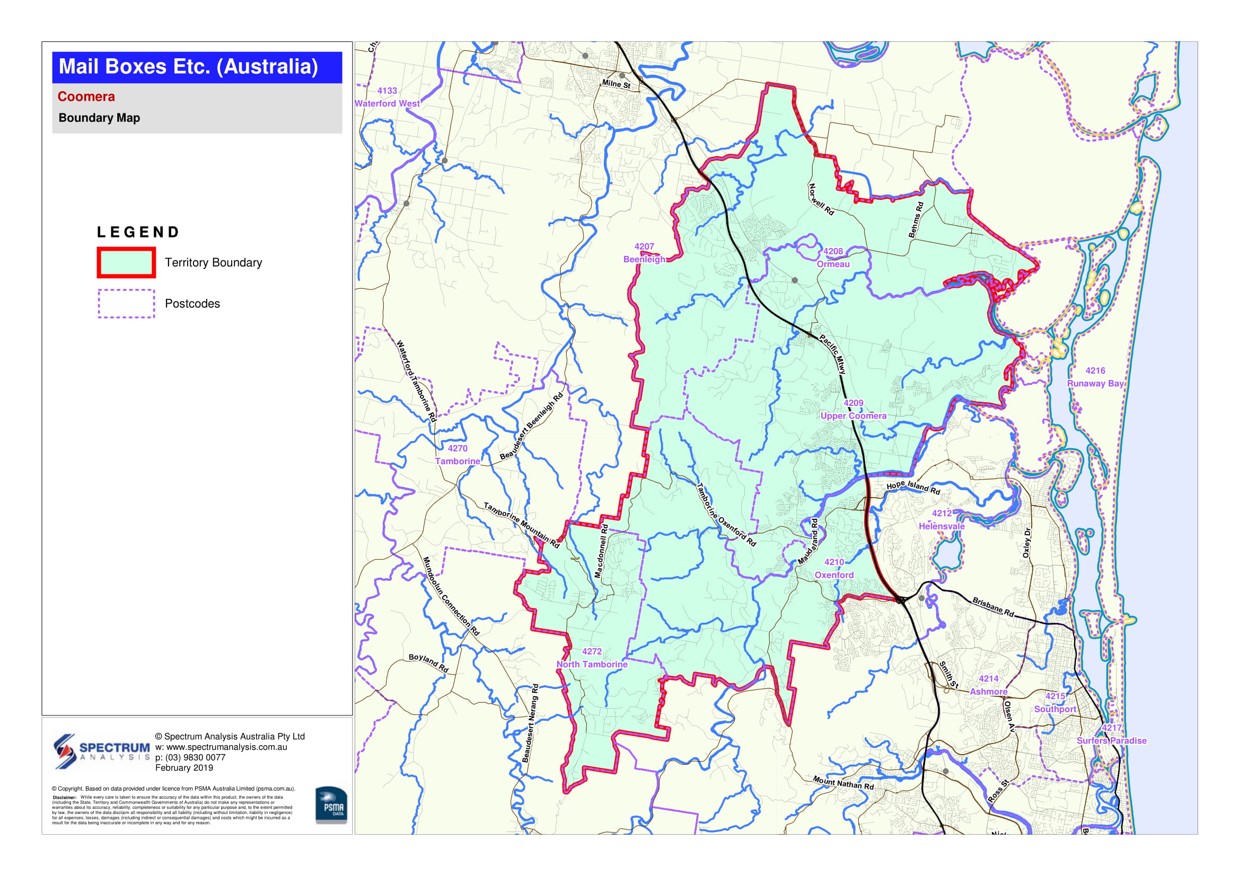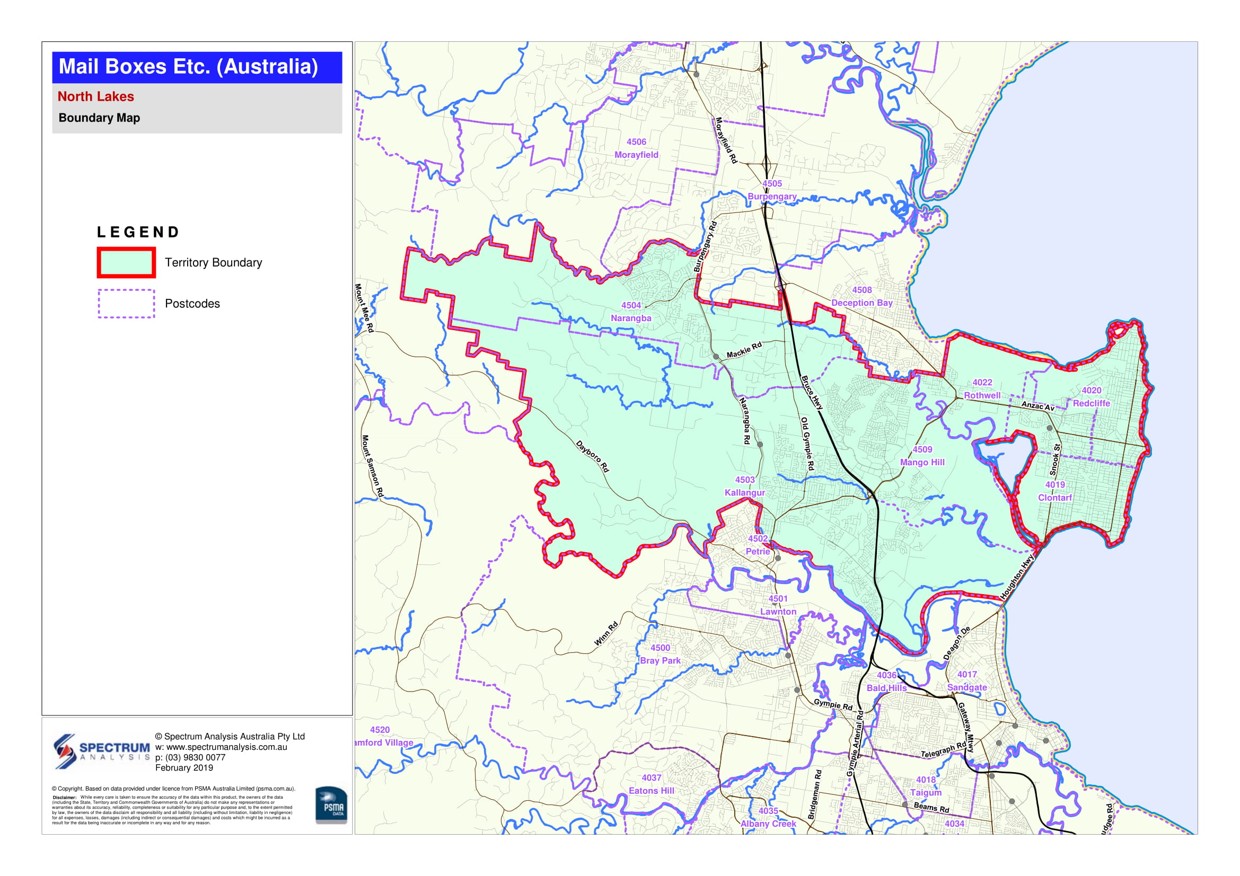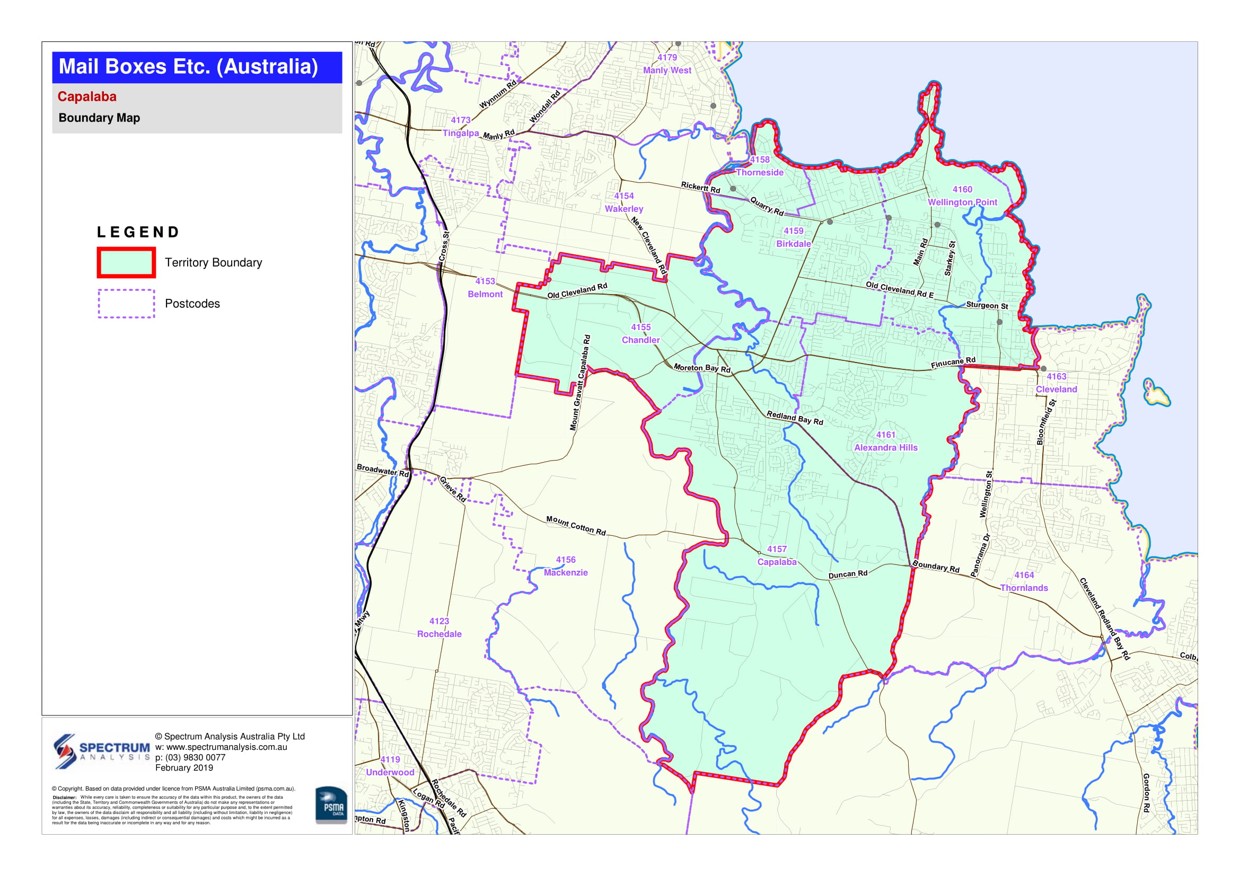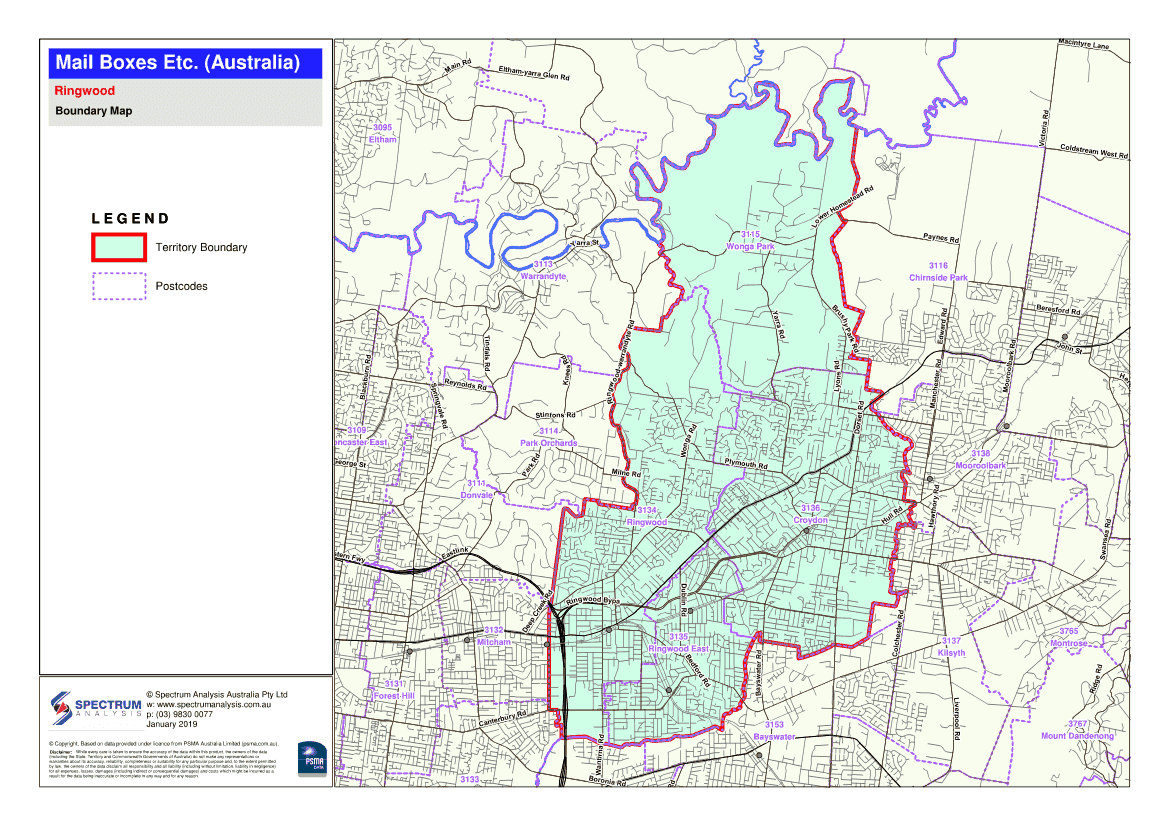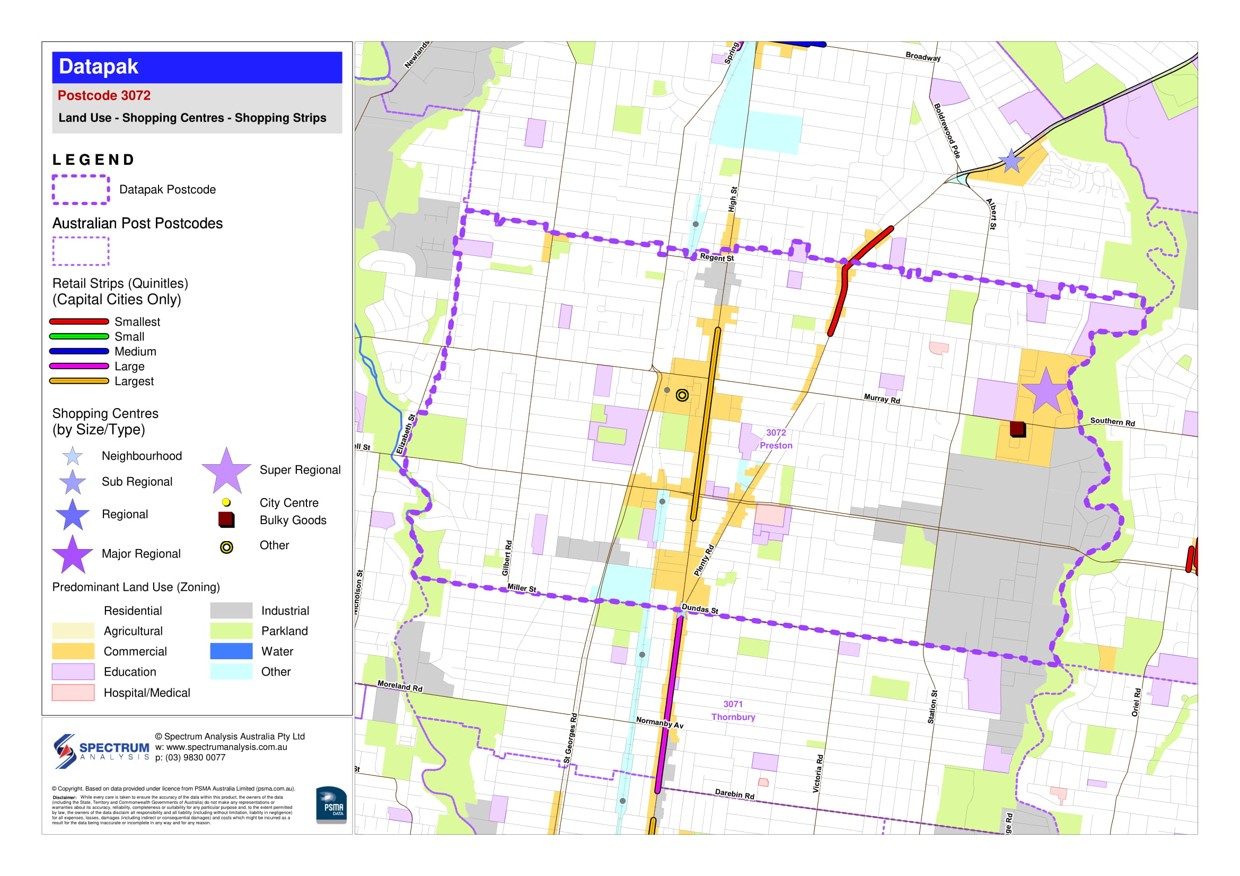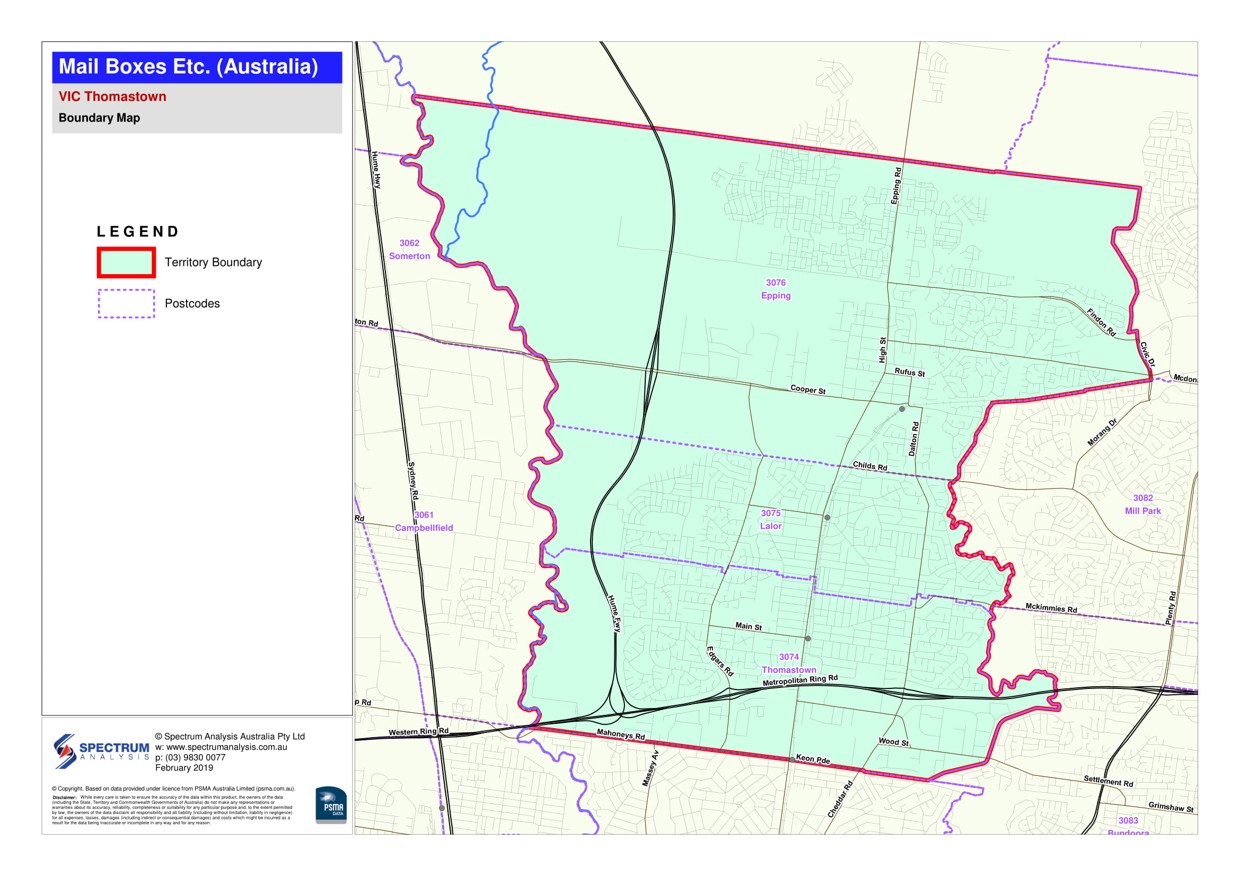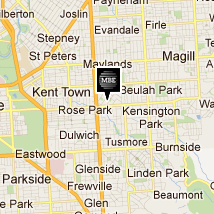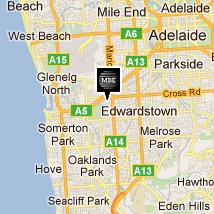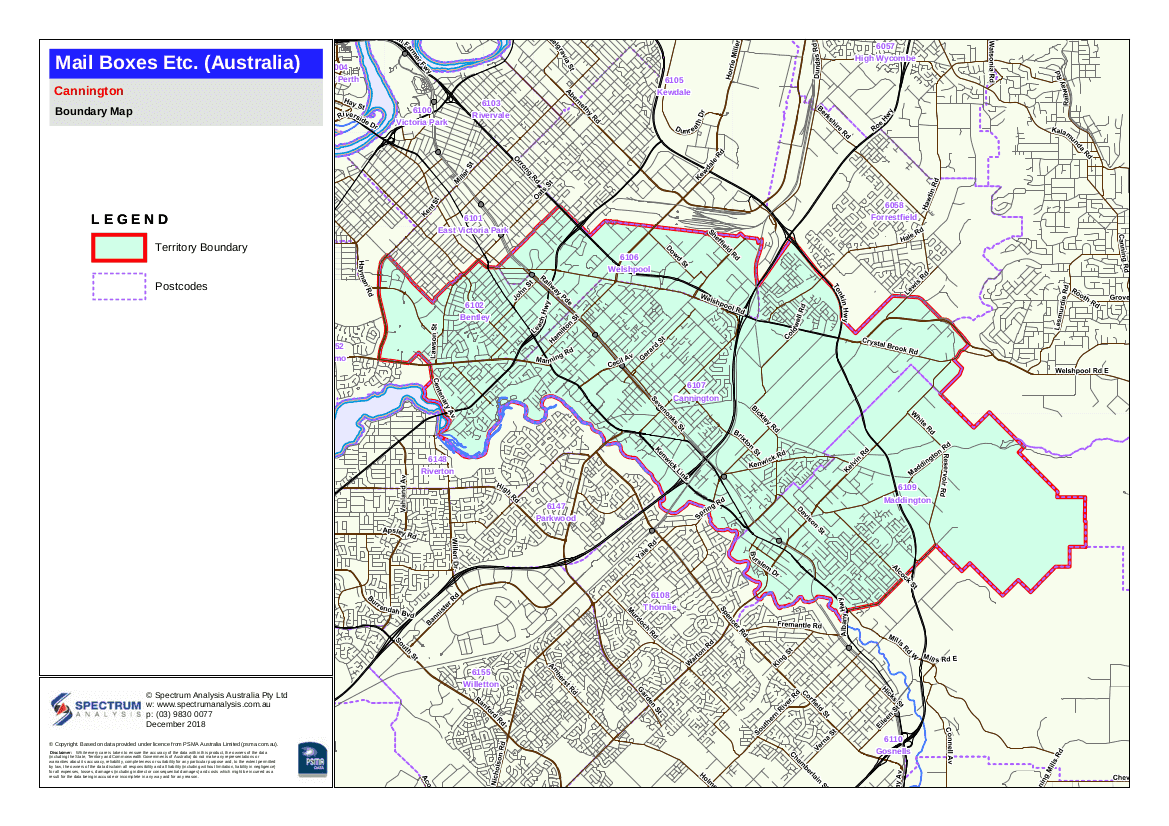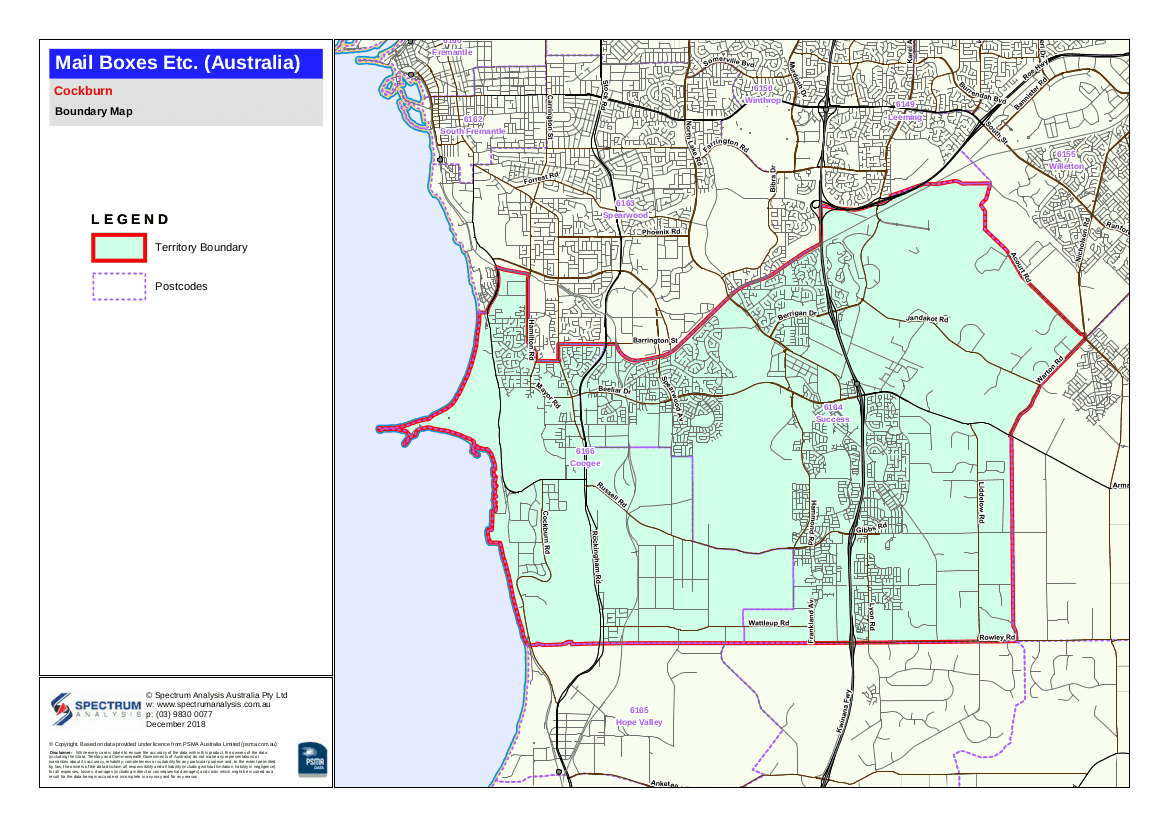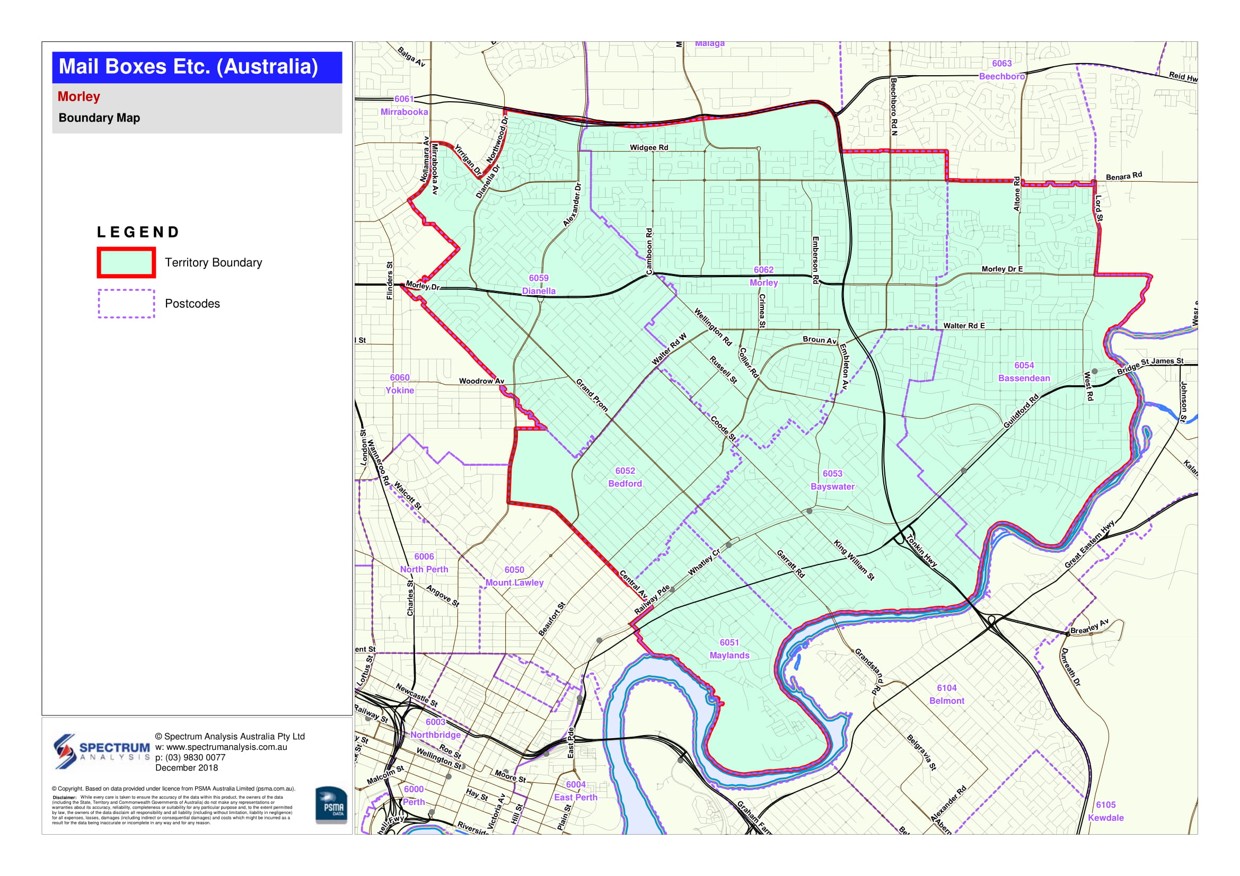 Small business organisation strategies are worth taking the time to learn if you want to keep your company working like a well-oiled machine. Taking the time to refine your systems can add immense value back into your business in the form of efficiency, lower stress levels and of course growing your business.
Small business organisation strategies are worth taking the time to learn if you want to keep your company working like a well-oiled machine. Taking the time to refine your systems can add immense value back into your business in the form of efficiency, lower stress levels and of course growing your business.
It doesn’t have to be expensive to stay on top of organisation. Here’s just some of the ways you can wrangle your day-to-day for free!
1) Remember that your business is a businessAccidentally treating your business as something of a hobby can be easy enough to do if you’re a home-based or very small business owner – especially if you work another job alongside it.
Unfortunately, this is probably the worst thing you can do for your business’s organisation and productivity. It’s important that you respect your business as much as you would like your clients to.
Cultivating the right mental attitude is the first step to getting serious about business organisation.
2) Set goals
If you’re a franchisee, your franchise owner should be setting goals and helping you plan your expansion. But if you’re a solo business owner, it can be easy to just roll along.
Whatever your circumstances, it’s important to set goals and to take control of your business’s future.
3) Prioritise!
So you’ve set your goals. Now you know what you need to do you need to decide in which order to do them. Even the most productive person can’t achieve everything at the same time.
Assigning a priority order to your goals and you’ll stay on top of things to make sure that what’s most important is always under control even when things get busy.
4) Organise your office
Especially if you have a home-based business, you’ll find yourself much more organised and productive if you have a dedicated office space.
Even if this is just the corner of one room with a desk, make sure that desk is properly organised, neat and tidy. Vertical storage options are good for both saving space and increasing your efficiency.
Consider the distractions in your space. Consider the mood-boosters. A workspace can make or break your motivation so choose carefully what items add value for you.
5) Go paperless
One of the big problems of small offices is the sheer amount of paper you often need to keep organised. If you’re wondering how to organise your business paperwork, the answer is simple:
Don’t. Go paperless.
Scan in critical documents. Do away with most of your filing cabinets. Shred and recycle all of that excess paper.
Then, instead of spending hours searching through your “everything has a place” filing system for that one missing sheet, you can quickly hit “search” on your computer and it will find it for you.
Doing this with things like receipts and invoices takes a little more care. But there are many useful apps and programs out there which will help you do it.
6) Cut out the clutter
Tied to the actual organisation you’ve done is giving your office the appearance of organisation.
It’s a strange (though obvious) mental trick, but the more organised something looks – the more likely you are to try to keep it organised.
Doing away with those piles of paper and keeping everything tidy is phase one. Don’t keep things around that are broken or not being used. Free up mental space by keeping just the things that count.
After you’ve taken out what you don’t need phase two might involve adding a few plants (these genuinely improve productivity), considering a standing desk and tidying away those unsightly computer cables.
7) Track your numbers
Keeping your numbers tracked and organised is just as important as your physical organisation measures. As boring as its sounds a tangible number value helps you see exactly what you’ve done and what you need to do.
You will want to track your:
- Sales figures
- ROI for individual clients, marketing campaigns, products and services
- Email subscribers
- Social media followers
8) Track and measure customer support tickets
If you don’t have an organised system, keeping on top of all of your customer support enquiries can be a major pain.
However, whether you own your own business, or you’ve taken advantage of a great franchise opportunity, keeping your customers happy is the best way to make your business a profitable one.
Make no mistake, your responses to customers should always be personal – don’t be tempted to automate the process. A organised system for tracking makes taking the time to address them much easier.
9) Organise your time
A properly set-up calendar is one of the best small business organisation tools you can get for yourself.
Make sure to set time aside for when you need to be in meetings so that you van visualise the time you have to work with.
Don’t rely on strings of emails or written notes on a notepad to tell you when you need to be in places or doing things.
10) Track your time
Whether you need to invoice your billable hours or not, tracking how many hours you’re spending doing individual tasks is a valuable organisational step.
After all, even buying a franchise isn’t some secret door to an easy life. You’ll get more support from your network than you do operating your business on your own, of course, but running your own business takes a lot of time whether you are part of a franchise network or not.
Track how long you’re spending doing what and you won’t go wasting your most productive hours on non-productive things or vanity projects. Set a dollar value on your time to better consider how you spend it.
Always remember that you are one of your company’s most valuable assets. All of the best strategies to keep your business organised start with you.





